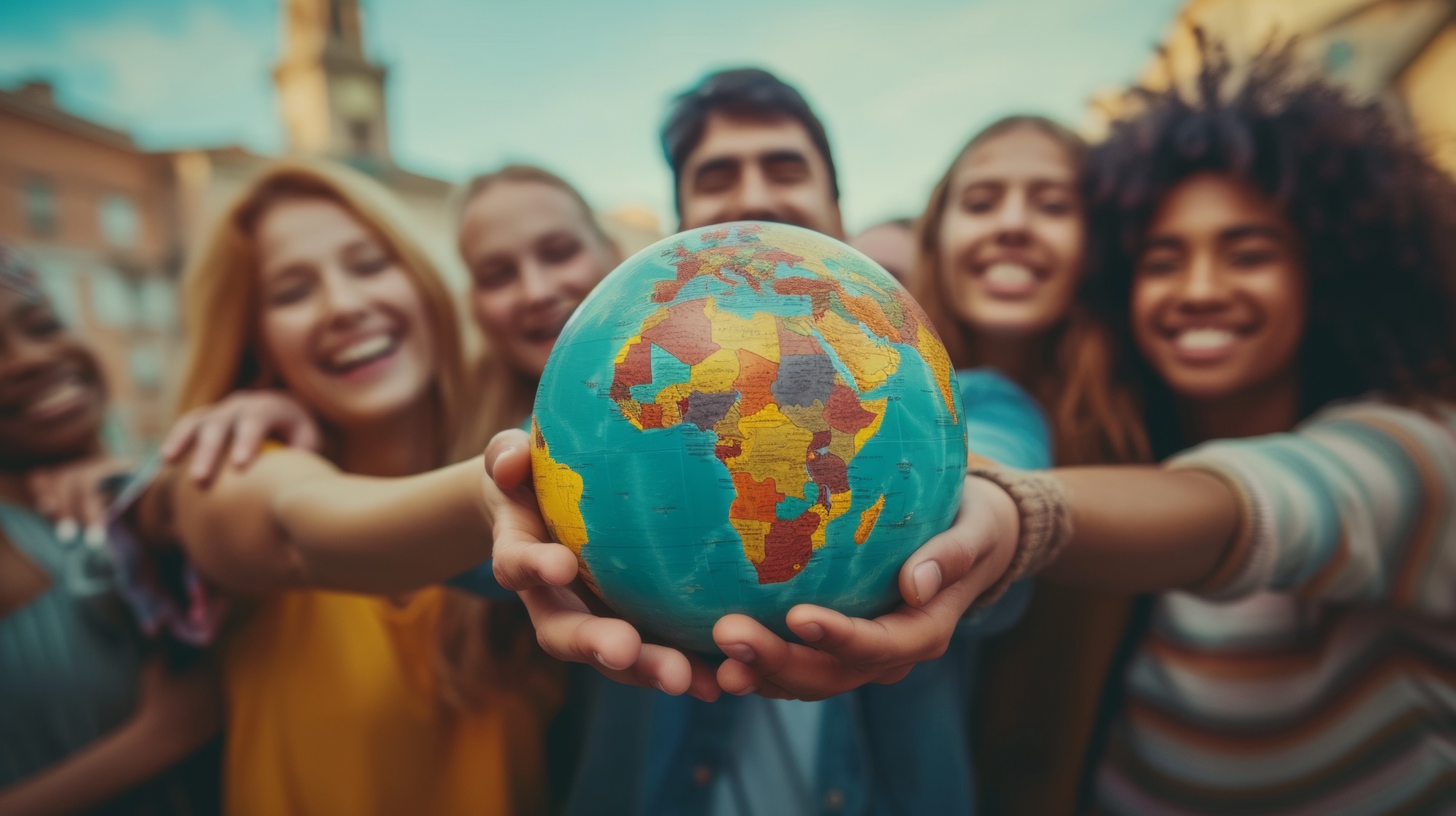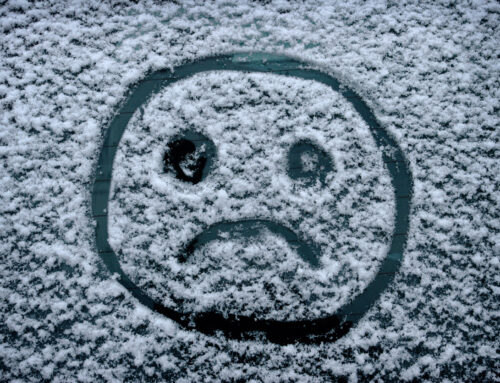By Brett Rauch, college intern, and Dr. Divya Babbar
A quick Google search defines colonization as “the action or process of settling among and establishing control over the Indigenous people of an area,” but the truth is that colonization is much more personal than that. It can have a direct impact on the psychological and physical health of you, your family, and your community. Understanding how you have been affected by colonization can be a crucial first step in identifying the origins of mental or emotional distress.
How Colonization Can Cause Trauma
Colonization is a historic and ongoing process that acts through government policies (Indian Removal Act; mass incarceration), economic systems (slavery; land exploitation), and interpersonal/inter-community relationships (racist attitudes; cultural appropriation). These forces can cause psychological trauma in a variety of ways, including:
- Displacement: A key product of colonialism is the removal of Indigenous people from their homes, often forcing them to survive in a settler-dominated society. This can cause people to feel culturally disconnected from their family’s heritage, if they even have any knowledge of where their ancestors came from. Records of ancestries are often lost to enslavement, boarding schools, genocides, and other collective traumas from colonization. Over time, this disconnect is worsened by losses of cultural practices, languages, and traditions. Being out of touch with one’s roots can feel isolating, disorienting, agitating, and depressing.
- Violence: Colonization is violent, both physically and psychologically, often involving murder and genocide, the separation of families, theft of land and resources, and psychological/physical/sexual abuse. The trauma created by these acts of violence has harmed and continues to harm generations of communities disrupted by colonization. These communities frequently suffer from poorer well-being, psychological health, increased rates of substance abuse, and domestic violence.
- Racism, Discrimination, and Marginalization: White supremacy is the foundation of settler-colonial states, and has been reinforced by racist policies, attitudes, and hierarchies that can make it challenging for folks who do not fit the fictitious ideals of whiteness to engage fully within society. The stereotypes these oppressive systemic structures perpetuate are harmful to marginalized groups and can cause feelings of shame, self-hate, depression, and loneliness.
Healing Colonial Trauma
Overcoming the impacts of colonialism may seem overwhelming or even impossible, but it’s important to remember that decolonization is a lifelong journey of learning and unlearning. Here are some ways that you can begin to heal the wounds that colonization caused you:
- Learning Ancestral/Cultural History: One of the main outcomes of colonization is alienation––whether it’s due to physical separation from one’s home or family, being disconnected from cultural knowledge, or being isolated from society. The best way to restore the loss of ancestral and cultural connection is by thinking about what “home” means to you. Is it a person or a group of people? A place? An emotional/mental state? From there, start speaking to and learning from the people that feel like “home”––whether it’s your family, friends, or the elders in your community. Colonialism is separation from home, so decolonization is connection with the people who share your home.
- Community Engagement & Political Action: Colonization is not isolated to our history books. Colonial institutions, such as the medical industry, universities, and settler-colonial governments remain in power today, and many fail to properly acknowledge their roles in colonialism or address the ways they harm Black Indigenous People of Color. These institutions rarely, if ever, change on their own; we, collectively, have to place pressure on them ourselves. Once you start seeking the change you want to see in the world, you’ll find community with others who have gone through the same or similar experiences and want the same change you do.
- Therapy: It can be challenging to conceptualize how something as large as colonization affects the personal distress you’ve experienced, making it difficult to work through it on your own. One of the goals of therapy is to cultivate a healthy relationship and understanding of one’s self, thoughts, and emotions. This can empower you to identify and address your personal and relational struggles––some of which may have more to do with your external realities than internal ones. The therapeutic space can provide a container in which to explore the interaction between your external and internal realities.
Therapy can provide useful tools for addressing collective trauma, grief, rage, and other overwhelming feelings and behaviors that come from colonial harms. If you would like help in processing how colonial trauma has impacted you, a therapist at Georgetown Psychology can work with you through a decolonial approach to healing. Our therapists can help you address personal, collective, and ancestral traumas. Decolonization begins and ends with healing; let healing liberate you to a more positive future.






